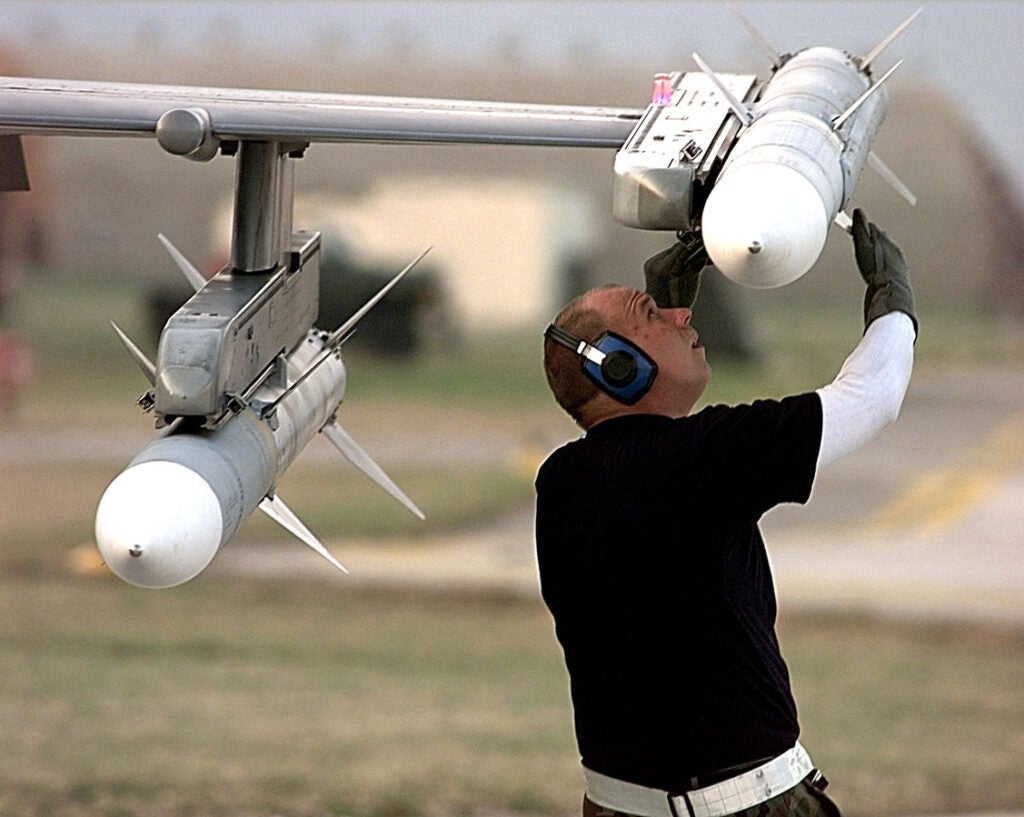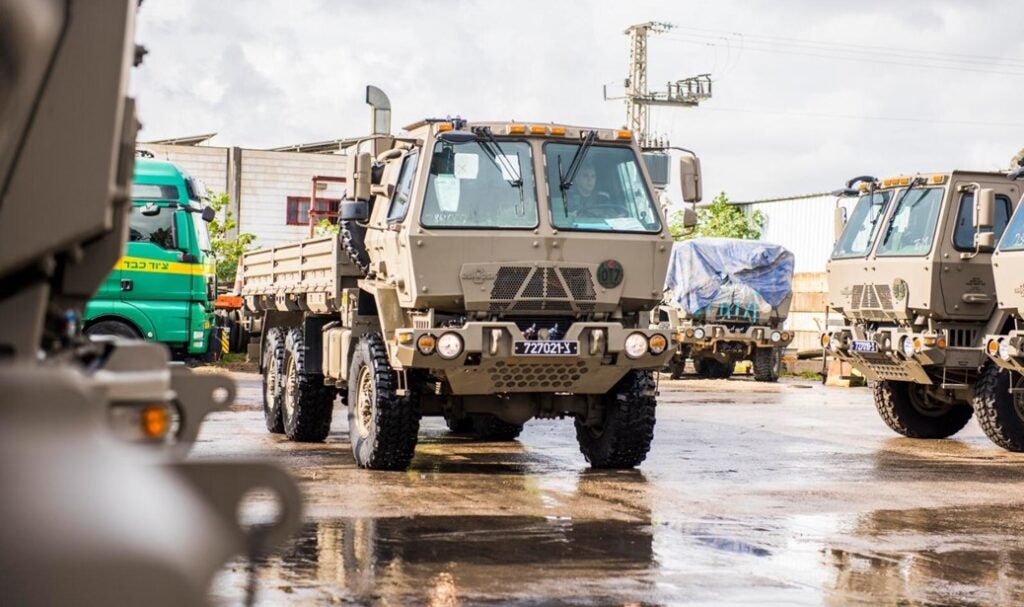US Greenlights $20 Billion Arms Sale To Israel, Including 50 F-15 Fighter Jets
On 13 August, the U.S. State Department approved a series of foreign military sales [FMS] totaling $20 billion to Israel. The approvals authorizing these large-scale arms sales come at a time of growing concern over Israel’s ongoing conflict with Hamas-led Palestinian factions in Gaza and the growing role of Iran and Hezbollah in the current war.
According to a Defence Security Cooperation Agency statement, five separate FMS cases are approved to ‘help Israel develop and maintain a strong and ready self-defense capability.’ The lion’s share of these includes the long-awaited sale of 50 F-15EX (F-15IA), valued at approximately $18.82 billion, and a ‘mid-life upgrade modification kit’ known as F-15I+ to upgrade the 25 F-15I Ra’ams currently in service to a similar configuration.

According to the official press release, other elements involved in the potential sale are as follows:
“One hundred twenty (120) F110-GE-129 engines; ninety (90) Advanced Display Core Processors II; seventy-five (75) APG-82(V)1 Active Electronically Scanned Array radars; fifty (50) AN/AAQ-13 LANTIRN navigation pods with containers; three-hundred twenty (320) LAU-128 Advanced Medium Range Air-to-Air Missile launchers; twenty-five (25) M61A Vulcan cannons; and one hundred eighty (180) Embedded Global Positioning System/Inertial Navigation System devices with M-Code. Also included are Cartridge Actuated Devices and Propellant Actuated Devices; Joint Helmet Mounted Cueing Systems; APX-119 Identification Friend or Foe (IFF) systems; KIV-77 Mode 4/5 IFF cryptographic appliques; AN/PYQ-10 Simple Key Loaders; impulse cartridges, chaff, and flares; integration and test support and equipment; aircraft and munitions support and support equipment; secure communications equipment, precision navigation, and cryptographic devices; classified software development, delivery, and support; spare parts, consumables and accessories, and repair and return support; major and minor modifications, maintenance, and maintenance support; facilities and construction support; transportation and airlift support; classified publications and technical documentation; personnel training and training equipment; warranties; studies and surveys; U.S. Government and contractor engineering, technical, and logistics support services; and other related elements of logistics and program support. Deliveries are estimated to begin in 2029.”
The second FMS file approved for Israel includes the procurement of thirty AIM-120C-8 Advanced Medium Range Air-to-Air Missiles (AMRAAM) and one AMRAAM guidance section (spare). These missiles will provide significant defense capabilities against air threats targeting Israel and will cost the country an estimated $102.5 million.

The other three sales are as follows:
- Up to 32,739 120mm tank rounds and related equipment for an estimated cost of $774.1 million, with deliveries expected to begin in 2027.
- An indefinite number of M1148A1P2 Family of Medium Tactical Vehicles (FMTV) and related equipment at an estimated cost of $583,1 million. Deliveries are expected to begin in 2026.
- 50,000 120mm high explosive mortar rounds for $61.1 million, which are anticipated to arrive beginning in 2026.

Following the approvals, Israeli Defence Minister Yoav Gallant published a message on the X platform, thanking U.S. Secretary of State Antony Blinken and his counterpart Lloyd Austin for their assistance. Gallant emphasized that the sales will support critical force-building initiatives vital for Israel to develop and maintain its qualitative military superiority in the region, adding: ‘This includes incorporating F-15IAs into the IAF fleet of fighter aircraft and providing critical munitions to ensure Israel’s capabilities and security. As we fight to defend Israel on seven different fronts, your unwavering support and commitment to Israel’s security are not only clear but also deeply appreciated.”
The State Department’s approval of these potential arms sales indicates that the sale is not a concern for the Biden administration. However, there may be some US senators who are dissatisfied with the IDF’s military tactics, which have resulted in the deaths of many Palestinian civilians since the beginning of the war. If no objections are raised during the 30-working day window the administration will begin negotiations with the Israeli government on the content of the sales package, and the purchase process will begin.
Previously, the planned transfer of 2,000 bombs to Israel had been blocked by Congress because it could cause civilian casualties in attacks on population centers. However, according to the Washington Post, such a step seems unlikely this time, as Democratic Representative Gregory Meeks of New York, a senior member of the House Foreign Affairs Committee who previously opposed the deal, and Senator Ben Cardin of Maryland, who chairs the Senate Foreign Relations Committee, have given their approval for the agreement to move forward.

